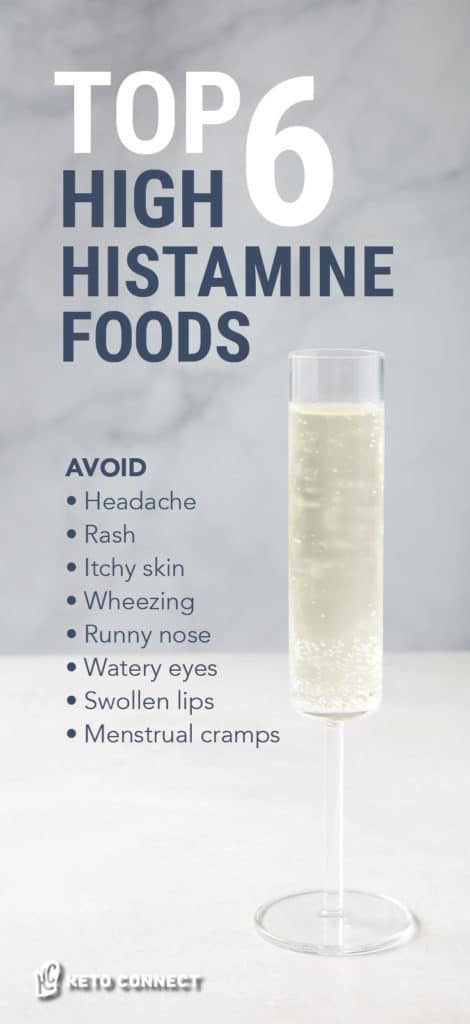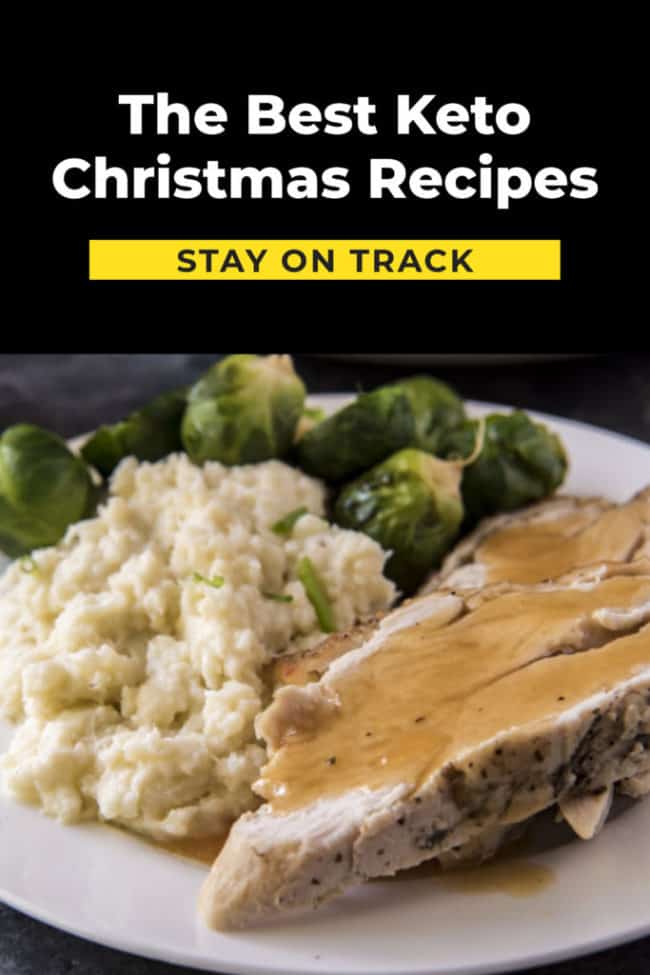Are high-histamine foods giving you allergy symptoms like itchy skin, runny nose, and watery eyes?
If you have ever had an allergic reaction, you’re familiar with the annoying symptoms that come with a change in seasons or a shedding cat in the room. As soon as the body detects an allergen, the cells release a compound called histamines. Sneezing, itching, and watery eyes are just three common ways the histamines try to push allergens out of your system. But what if your diet is giving you allergy symptoms?
Do you Have a Histamine Intolerance?
Your intestines produce two enzymes, DAO and HNMT, which are responsible for breaking down histamines. If you consume a high-histamine diet or suffer from gastrointestinal diseases like celiac disease, Crohn disease, or ulcerative colitis, you may not be properly producing the DAO enzymes needed to break down histamines.
This build up of histamines in the body can lead to a histamine intolerance. According to The American Journal of Clinical Nutrition, approximately 1% of the population has a histamine intolerance, and 80% of them are middle-aged.
It’s important to note, you won’t develop a histamine intolerance from allergic reactions to pollen, pets, dust, or dander. A histamine intolerence will only develop from the histamines you consume through food.
Symptoms of Histamine Intolerance
- Headache
- Rash, hives, and itchy skin
- Wheezing
- Runny nose
- Watery eyes
- Swelling of face, hands, or lips
- Painful menstrual cramps
The Top Six High-Histamine Foods
High-Histamine foods tend to be aged, highly processed, smoked, cured, or fermented. Stick to fresh or frozen meat, seafood, and vegetables when following a low-histamine diet.
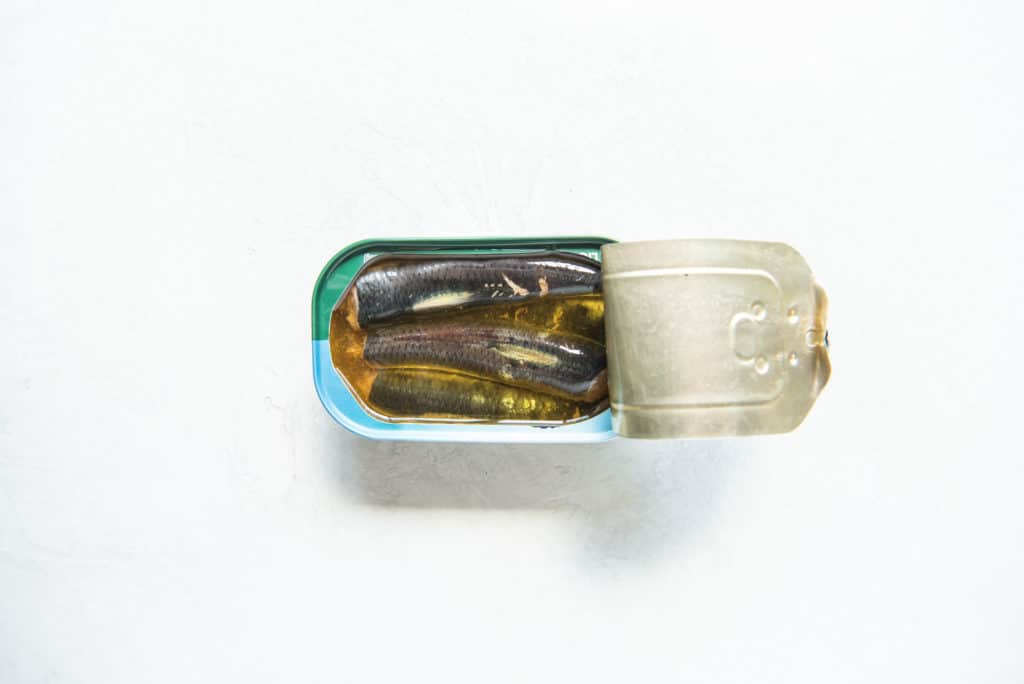
1. Sardines
If following a low-histamine diet, limit your intake of canned, dried, or salted seafood, such as sardines, mackerel, tuna, and anchovies.
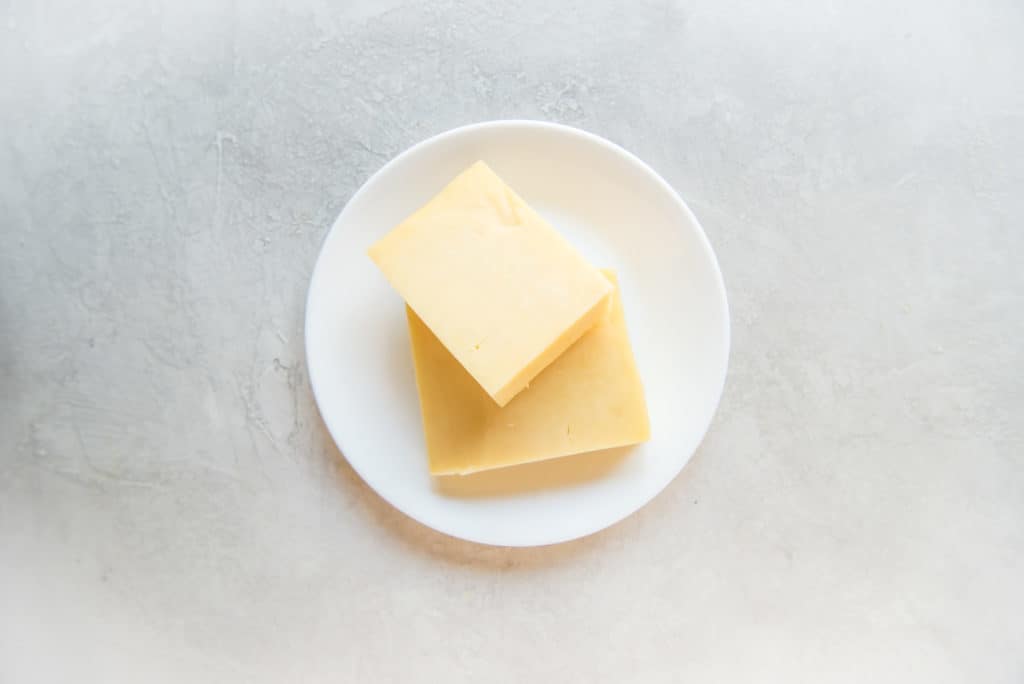
2. Aged Cheese
Many different kinds of cheese are high in histamines, but aged cheese tend to be even higher. Fresh dairy products such as cream and cottage cheese are lower in histamines.

3. Champagne
Fermented foods are very high in histamines, this includes alcohol like champagne and wine. Champagne contains 670mg of histamines per liter.
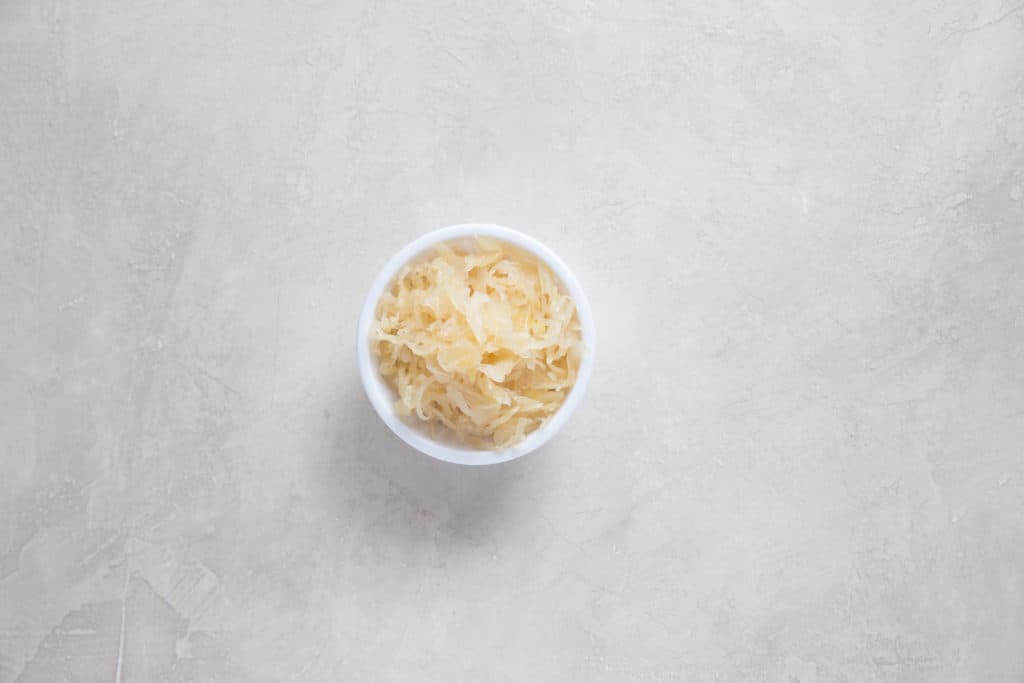
4. Sauerkraut
Another fermented food to eliminate if you have a histamine intolerance is sauerkraut, which contains 229mg of histamines per kilogram. Though it can be good for gut health, it may be pushing you passed your histamine threshold.
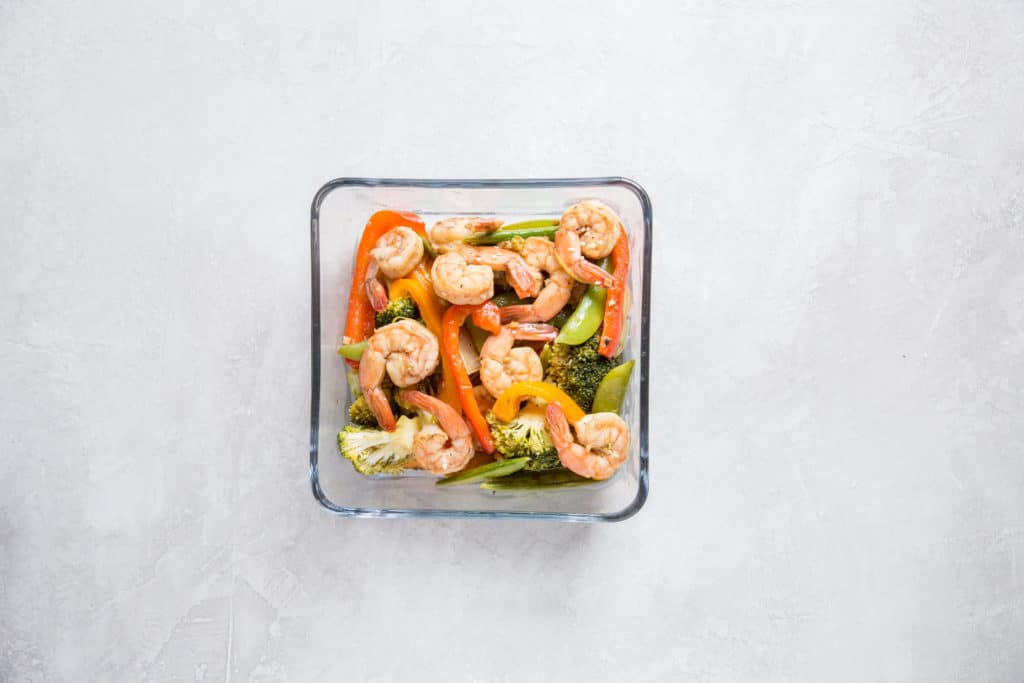
5. Leftovers
Food that needs to be reheated like leftovers or even meal-prep containers from our meal-prep course can be high in histamines. If testing for a histamine intolerance, try preparing fresh meals or meal prepping for only a couple days at a time.
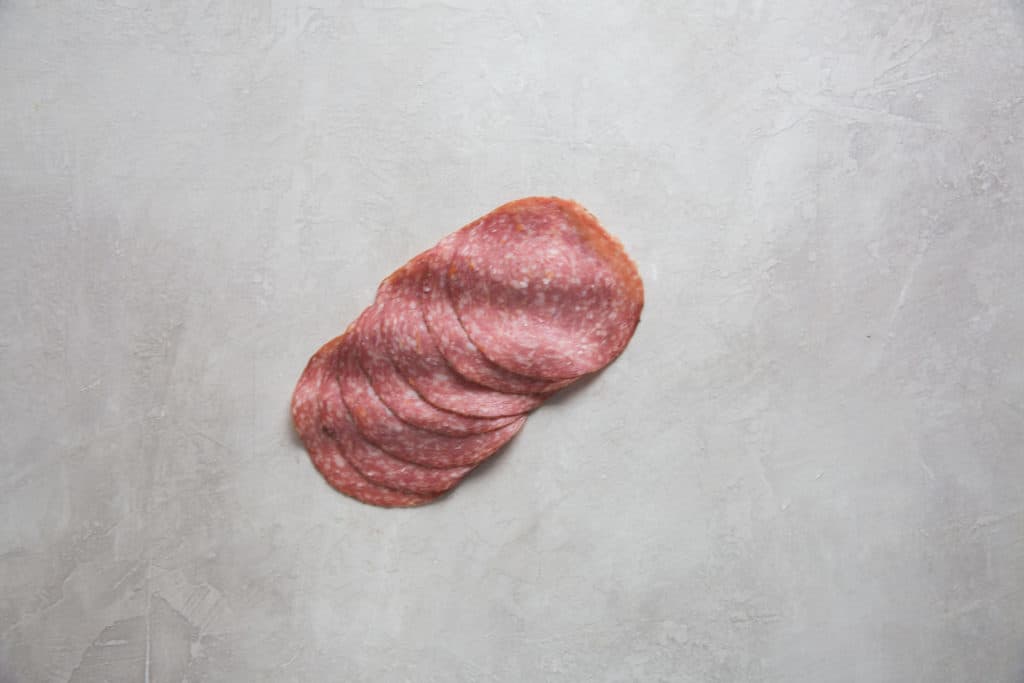
6. Aged Meats
Aged meats like salami make a great keto snack, but are high in histamines, so eliminate when following a low-histamine diet. Salami can contain up to 654mg of histamines per kilogram.
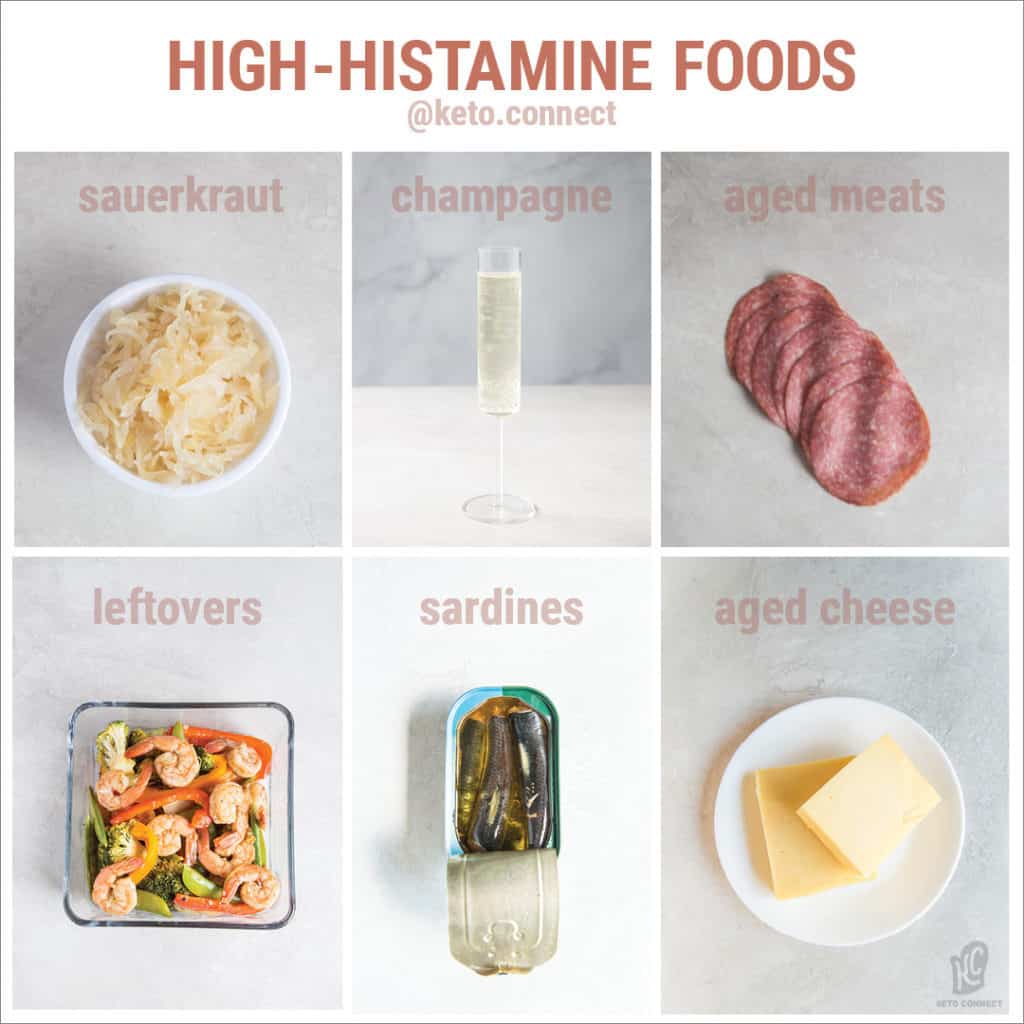
Know Your Histamine Threshold
Try a low-histamine diet and if you are frequently experiencing allergy symptoms. If you find your symptoms lessen, then experiment with different foods until you know what your histamine threshold is. You may only need to cut out your daily piece of aged cheese to stay within your histamine threshold, so find what works for you.
Low-Histamine Keto Recipes
- Keto Butter Chicken
- Oven Roasted Turkey Breast and Gravy
- One-Pan Chicken Thighs
- Low-Carb Dinner Rolls
- Sugar-Free Breakfast Cookies
Histamines and Gut Health
Histamine intolerance may be a sign you need to improve your gut health since a healthy gut will produce the enzymes you need to properly break down histamines. Bloating, gas, discomfort, pain, anxiety, and acne are just a few signs you may have an intestinal disorder such as SIBO, IBS. Talk to your healthcare professional about improving your gut health.
